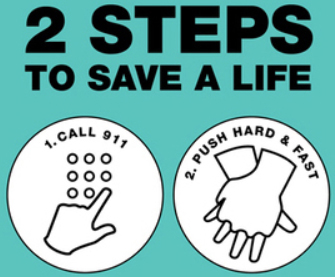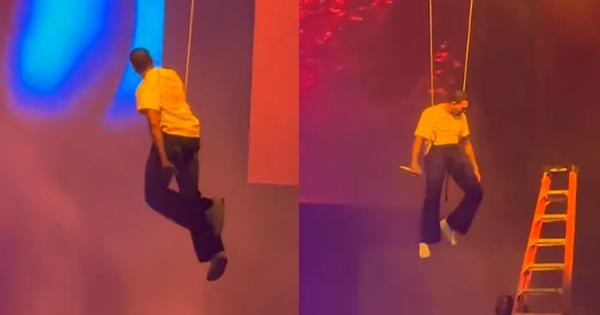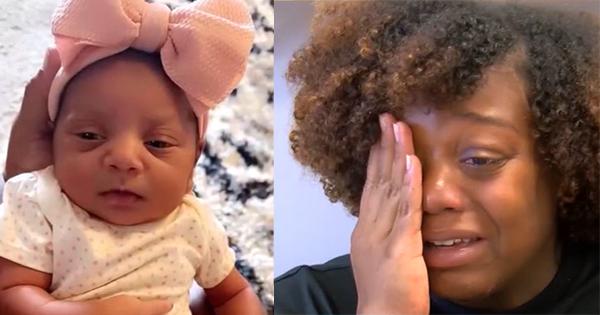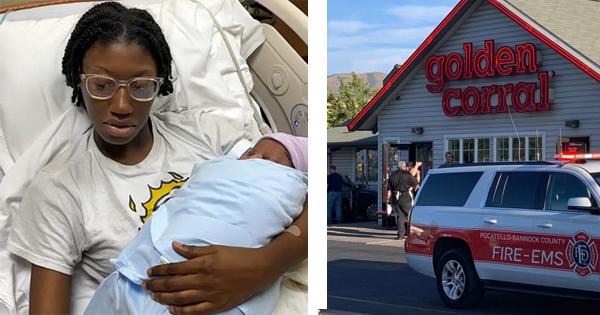— American Heart Association and Anthem Foundation Join Forces to “Change Perceptions” about Performing CPR —

Dallas, TX — New survey findings from the American Heart Association (AHA) – the world’s leading voluntary health organization devoted to fighting cardiovascular disease – show that minority populations are more likely to incorrectly believe that special training and certification are required to perform Hands-Only CPR on a person and more likely to be hesitant to perform the skill for fear of causing injury. These misperceptions contribute to poor survival rates from out-of-hospital cardiac arrest, which affects more than 350,000 Americans annually with survival rates of less than 12 percent.
More than 1,100 adults, ages 18 and up, participated in the study, which has been conducted every two years since 2009 to assess general awareness, attitudes and behavior regarding Hands-Only CPR.
The survey results are being released this month during National Minority Health Month to recognize the response disparities in underserved populations suffering out-of-hospital cardiac arrest. Neighborhoods whose residents are mainly African-American or Hispanic are two to three times more likely to have cardiac arrest outside of a hospital. Furthermore, African-Americans and Hispanics are 30 to 50 percent less likely to have bystander CPR performed on them. These statistics identify a gap that needs to be bridged and suggest that changing perceptions of who is “qualified” to perform Hands-Only CPR may encourage minority communities to seek knowledge and training, resulting in improved health outcomes.
“African-Americans, for example, are almost twice as likely to experience cardiac arrest at home, work or in another public location compared to Caucasians, and their survival rates are twice as low,” said Gustavo E. Flores, M. D., an AHA volunteer and director at Emergency & Critical Care Trainings LLC. “Therefore, it is especially critical for bystanders to be equipped with Hands-Only CPR knowledge and training. In this case, knowledge is not only power, but it can save a life.”
About 90 percent of people who suffer out-of-hospital cardiac arrests die. Hands-Only CPR has been shown to be as effective as conventional CPR for cardiac arrest at home, at work or in other public locations. It can double or even triple a victim’s chance of survival.
This month, the AHA – and national sponsor Anthem Foundation, the philanthropic arm of Anthem Inc., – are continuing their work together to improve minority health outcomes across America by changing perceptions about Hands-Only CPR and promoting awareness of AHA’s EmPOWERED to Serve program. The program’s mission is to educate minority communities about the risks of heart disease and stroke and work toward building a sustainable culture of health.
The two organizations aim to raise Hands-Only CPR awareness, increase knowledge and encourage training. Hands-Only CPR has two easy steps, performed in this order:
* (1) Call 9-1-1 if you see a teen or adult suddenly collapse; and
* (2) Push hard and fast in the center of the chest to the beat of a familiar song that has 100 to 120 beats per minute. Song examples include “Stayin’ Alive” by the Bee Gees, “Crazy in Love” by Beyoncé featuring Jay-Z, “Hips Don’t Lie” by Shakira” or “Walk the Line” by Johnny Cash.
The AHA’s Hands-Only CPR campaign is supported nationwide by a five-year educational grant from the Anthem Foundation. Since 2015, nearly 6.4 million people have been trained in Hands-Only CPR via events, Hands-Only CPR Training Kiosks and video education with the Foundation’s support.
“We know that Hispanics and African-Americans are at increased risk for heart disease and these survey findings stress why it’s imperative that we work to help empower our communities with Hands-Only CPR education,” said Craig Samitt, M.D., chief clinical officer at Anthem, Inc. “When a person suffers an out-of-hospital cardiac arrest, every second counts. With Hands-Only CPR, we hope to increase the use of bystander CPR and help the American Heart Association in its work to double the survival rate related to out-of-hospital cardiac arrest.”
The good news is that everyone can take action and positively impact better health outcomes by learning and sharing Hands-Only CPR knowledge in recognition of National Minority Health Month. Hands-Only CPR is not a skill only left to trained professionals; anyone can save a life with the right training.
To learn how to save a life, watch Hands-Only CPR training videos at www.heart.org/handsonlycpr. For information on conventional CPR, visit www.heart.org/findacourse to take an AHA Heartsaver® First Aid CPR AED course in your area. To purchase the AHA’s CPR Anytime® Kit, visit www.shopheart.org/cpr-anytime.
For more information on becoming an EmPOWERED to Serve Ambassador and part of a movement to move communities toward better overall health, visit www.empoweredtoserve.org.
About the American Heart Association
The American Heart Association is devoted to saving people from heart disease and stroke – the two leading causes of death in the world. We team with millions of volunteers to fund innovative research, fight for stronger public health policies, and provide lifesaving tools and information to prevent and treat these diseases. The Dallas-based association is the nation’s oldest and largest voluntary organization dedicated to fighting heart disease and stroke. To learn more or to get involved, call 1-800-AHA-USA1, visit www.heart.org or call any of our offices around the country. Follow us on Facebook and Twitter.
About Anthem Foundation
The Anthem Foundation is the philanthropic arm of Anthem, Inc. and through charitable contributions and programs, the Foundation promotes the inherent commitment of Anthem, Inc. to enhance the health and well-being of individuals and families in communities that Anthem, Inc. and its affiliated health plans serve. The Foundation focuses its funding on strategic initiatives that address and provide innovative solutions to health care challenges, as well as promoting the Healthy Generations Program, a multi-generational initiative that targets specific disease states and medical conditions. These disease states and medical conditions include: prenatal care in the first trimester, low birth weight babies, cardiac morbidity rates, long term activities that decrease obesity and increase physical activity, diabetes prevalence in adult populations, adult pneumococcal and influenza vaccinations and smoking cessation. The Foundation also coordinates the company’s year-round Associate Giving program, which provides a 50 percent match of associates’ pledges, as well as its Volunteer Time Off and Dollars for Doers community service programs. To learn more about the Anthem Foundation, please visit www.anthem.foundation and its blog at http://anthemfoundation.tumblr.com.
PRESS CONTACT:
American Heart Association/American Stroke Association
Marissa Alanis: (214) 706-1538; marissa.alanis@heart.org
Stephanie M. Brown: (214) 706-1857; stephanie.brown@heart.org
Anthem Foundation
Leslie Porras: (202) 508-7891; leslie.porras@anthem.com








